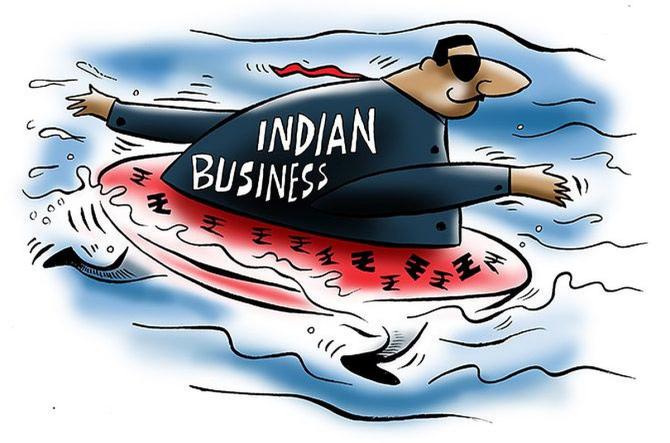The decision by the Reserve Bank of India to introduce a unified regulatory framework on connected lending for all the regulated entities (RE) is expected to reduce the influence of business conglomerates in the Indian lending space, said bankers and experts.

“Connected lending pertains to lending to related parties within the same business group.
"While the RBI might appear more agreeable to allowing business conglomerates to own banking licenses, it deems it crucial to bolster regulations that would prevent conglomerate-owned banks from gaming the system,” said Shivaji Thapliyal, head of research and lead analyst, YES Securities.
The RBI, during its monetary policy announcement on December 7, stated that the framework aims to reduce the influence of individuals who can control or influence a lender’s decision.
Connected lending, or lending to such individuals, can be a matter of concern if the lender does not maintain an arm’s length relationship with these borrowers.
Their involvement can compromise the pricing and credit management of the lending entities.
“Right now, the regulations vary between the regulated entities.
"There are scattered provisions.
"In order to bring about uniformity in the process of these regulations, we are coming up with some draft guidelines which will help clarify the position and have a uniformity in the regulatory approach to connected lending amongst all regulated entities,” said deputy governor Rajeshwar Rao during the post-policy press meet.
According to industry experts, the term “Regulated Entities” not only includes banks but is also expected to encompass other lending agencies like non-banking financial companies (NBFCs) and cooperative banks.
“Many Indian companies have a lending side through NBFCs.
"They claim that there is a Chinese wall, meaning that one department’s information is not passed on to the other department.
"But at the top level, it doesn't work like that. They are aware of the decisions different verticals are taking.
"So, that could be one of the reasons for the RBI’s decision," said a senior executive with a public sector bank.
Most top-tier NBFCs in the country, including L&T Finance, Bajaj Finance, Aditya Birla Capital, Piramal Capital, and Housing Finance, Mahindra & Mahindra Financial Services, among others, are owned by some of the top business houses in the country.
The upper layer includes NBFCs specifically identified by the RBI as warranting enhanced regulatory requirements based on a set of parameters and scoring methodology.
In November 2021, the RBI permitted an increase in promoter’s stakes from 15 per cent to 26 per cent in banks.
Earlier this year, the central bank gave an in-principle and conditional approval to IndusInd International Holdings, owned by Hinduja Group, to raise its stake in IndusInd Bank to 26 per cent.
Experts also point to a surge in cases of lapse in corporate governance among the cooperative banks, which is a cause for concern.
The central bank’s decision is expected to bring increased uniformity, transparency, and improved risk management across these lending bodies.
Vivek Iyer, partner at Grant Thornton Bharat, said: “One of the most important aspects of governance in the area of credit within financial services is the need to have strong underwriting standards without any bias.
"Connected lending has the potential to compromise this independence.
"Hence, the regulator felt that there was a need to explicitly consolidate and lay down a clear framework for connected lending, which is essentially related party lending.”
A senior banking executive said: “It is essential to clarify regulations thoroughly to avoid ambiguity.
"A robust and explicit framework is necessary to avoid any room for misappropriation.
"It appears that RBI’s focus is to enhance explicit guidelines for specific interest of the director in companies that banks or NBFCs aim to engage with in lending relationships.
"The intention seems to be to ensure transparency, especially in cases where directors or their close relatives might wield influence.”
"There’s an anticipation of more detailed regulations to address potential confusion among regulatory bodies about what constitutes connected lending.
"The practice within our organisation involves extreme caution regarding any connection, whether it involves equity, influence, or indirect control.
"Such a connection is discussed, disclosed, and usually brought before the board for approval when necessary,” the executive added.
The central bank decided to form a unified framework because “the extant guidelines on the issue are limited in scope and are not applicable uniformly to all regulated entities”.
The RBI will release a circular on the same.












 © 2025
© 2025